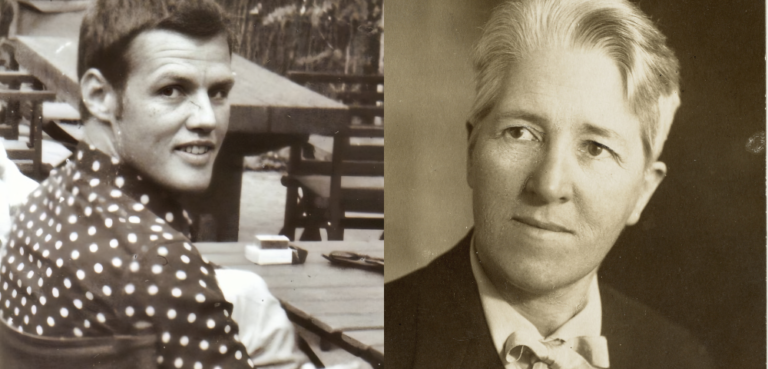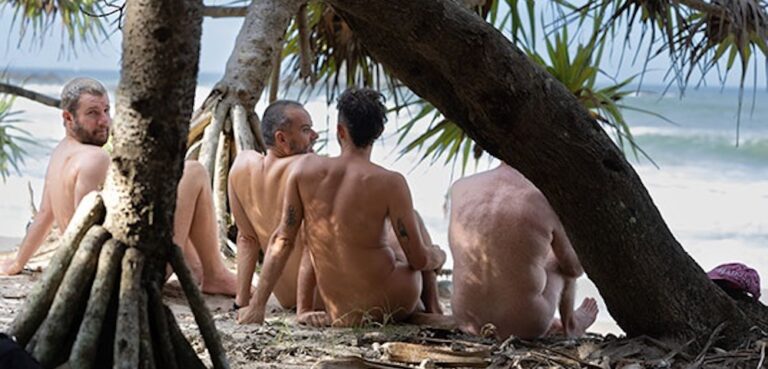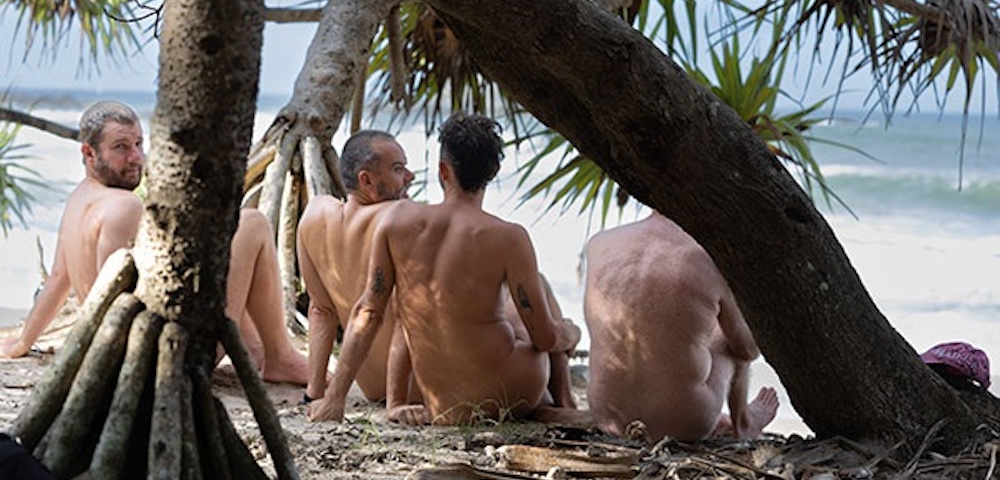
Freeing the truth about free-range eggs
The NSW Greens party will launch a bill today that slams the Australian Egg Corporation Limited’s (AECL) recently proposed definition of ‘free-range’.
The Truth in Labelling Free-Range Eggs Bill demands for farms labelled as free-range to have 750 hens or less per hectare, the AECL’s draft standards allow 20,000 hens per hectare.
Greens MP John Kay who introduced the bill said the AECL are using the threat of egg shortages to justify a definition of free range into nothing but a
marketing tool.
“The AECL is suggesting that it’s okay to delude people by producing eggs that are labelled ‘free-range’ but do not meet any standards even close to what free range
demands.”
Minister for Primary Industries, Katrina Hodgkinson, said: “The NSW Government is looking forward to the development of an agreed national industry standard that will better meet the needs of egg producers under their chosen production system.”
Meanwhile, Managing Director of the Australian Egg Corporation Ltd, James Kellaway, said: “These restrictive stocking density requirements are unrealistic and not sustainable given the size of today’s market and demand for free-range eggs.”
The current national standard for free range is 1500 hens per hectare however this is not legally enforced.
Phill Westwood, of the Free Range Farmer’s Association, said real free-range eggs can be produced at 750 hens per hectare, as is the maximum number currently allowed in Victoria.
“Labelling 20,000 hens per hectare as ‘free-range’ is a total con,” he said. “This number is typical of an intensive production system and the eggs should be called
‘barn laid’ or ‘cage free’.”
His views are shared by Lee McCosker, director of Humane Choice, who said: “20,000 hens per hectare is totally unsustainable.
“Sustainability comes down to acceptable farming practices and as far as we’re concerned the consumer is not being considered at all in the increased stocking densities as 20,000 hens per hectare is virtually a hen’s feeding lot.”
The Green’s bill aims to hold the industry accountable for labelling practices that have recently been under fire by the Australian Competition and Consumer Commission (ACCC).
Clause six of the bill says: “A person must not, in any advertising, packaging or labelling of non-complying eggs that are for sale, use any words, images or other means to suggest that the laying fowl that produce the eggs are not kept in cages.”
Greens MP for Balmain, Jamie Parker, said a growing number of people are looking to buy free-range eggs and the industry must respect consumer rights in knowing whether or not the eggs they purchase are in fact free range.
“Most importantly whether it’s animal welfare or consumer rights, it’s about transparency and openness,” he said.
His views are echoed by Ms McCosker, who said trying use the term ‘free-range’ inaccurately is unethical.
“The consumer is being taken advantage of and in the meantime some producers are filling their pockets and having a bit of a laugh at the consumer’s expense.”
By Kristie Beattie









